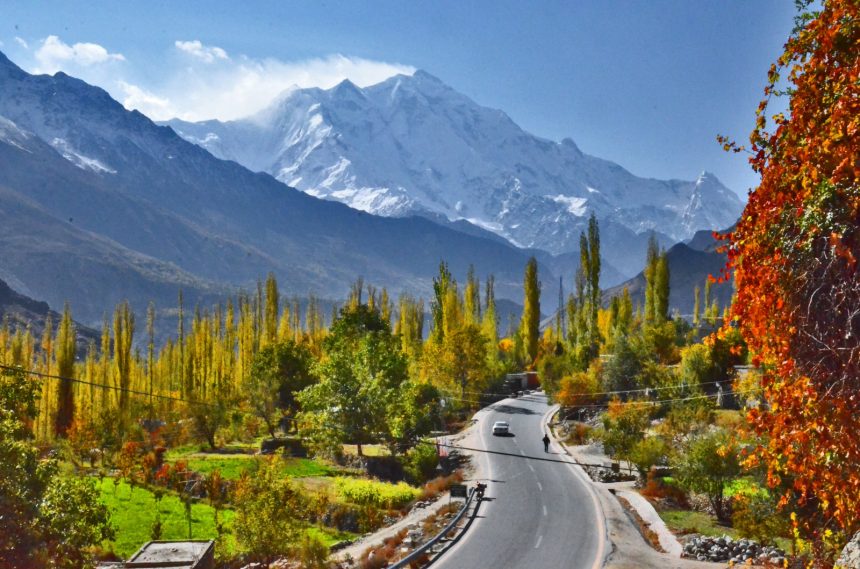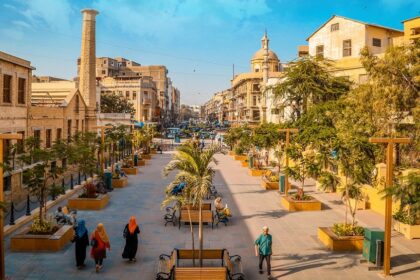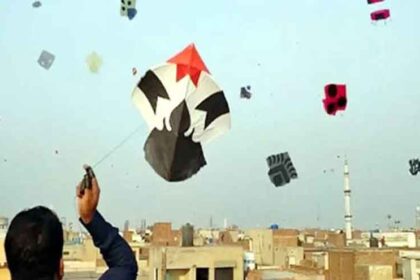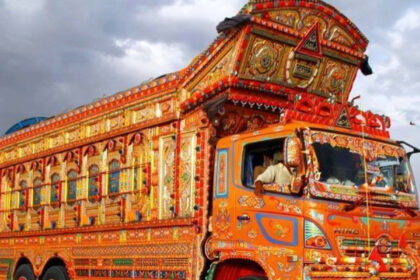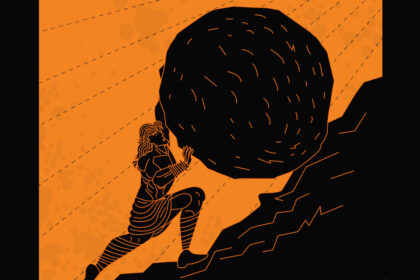“Híchishí tuq bái?” Ever heard that before? Probably not. That’s because it’s from Burushaski, a language spoken in the valleys of Hunza, Nagar, and Yasin in northern Pakistan. And here’s the crazy part—no one knows where it came from. It’s not related to any other language in the world. It just… exists.
Burushaski is spoken by around 100,000 people, hidden away in the stunning mountains of Gilgit-Baltistan. Linguists have spent years trying to figure out its origins, but they always hit a dead end. Unlike English, which is part of a huge family of languages, or Chinese, which belongs to another big group, Burushaski stands completely alone. It’s like a lost language that somehow survived.
Burushaski is unique in quite a few ways. Its words change based on gender. Even items possess a special classification of their own. And believe it or not, numbers do not consistently function the same way they do in several languages. Instead, you count multiple things differently based on what the things are. It is quite a puzzle, exhibiting patterns beyond what we expect.
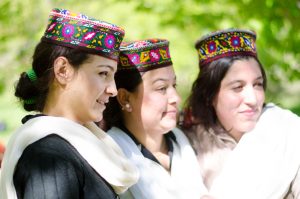
However, what makes Burushaski special isn’t just its grammar—it’s the fact that it is still alive. Even with the prevalence of larger languages such as Urdu and English, the people of Hunza and Nagar still hold on to Burushaski. It’s more than just a means of communication; it is a component of who they are. It is used locally among relatives, in many songs, and in customary tales shared through the years.
Keeping a less-spoken language alive today is surely a challenge. An increasing number of young people are leaving their hometowns for education or jobs in urban areas, where their use of Burushaski diminishes. There is genuine apprehension that, over time, it might vanish. However, the Burusho people are not giving up entirely. They continue to teach it to their children. They write poetry and songs in Burushaski. Some people are even working to fully document it so that it never completely fades away.
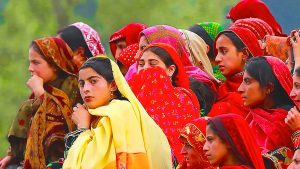
But to this day, no one can truly figure out where Burushaski came from. Some researchers think it might have links to languages spoken in the Caucasus Mountains. Others have even compared it to Basque, a language spoken in parts of Spain and France that also doesn’t seem to be related to anything else. But nothing is certain. It’s still a mystery waiting to be solved.
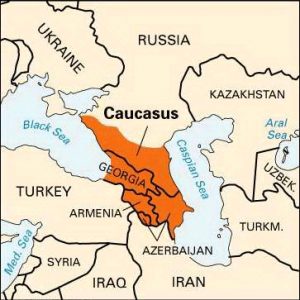
So, the next time someone asks about unique languages, you can tell them about Burushaski—a hidden treasure of the mountains. And if you ever visit Hunza, try saying, “Híchishí tuq bái?”—because now you know it means, “How are you?”





